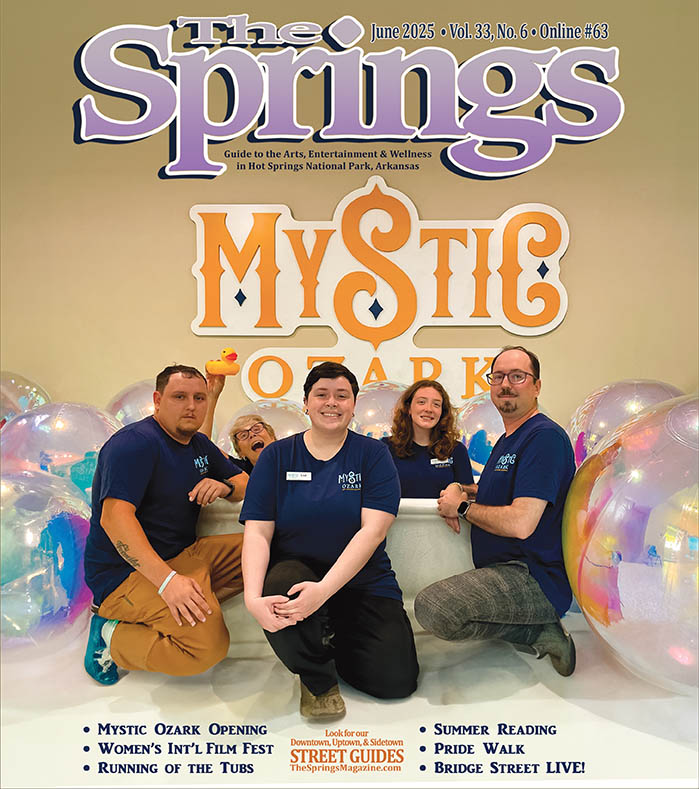Irrigation is a strategic tool for preventing pest problems before they start.
By Jessi Parker
Irrigation plays a crucial role in Integrated Pest Management (IPM) by influencing plant health, soil conditions, and pest populations. Here’s how proper irrigation practices contribute to IPM:
1. Reducing Plant Stress
• Proper watering ensures plants remain healthy and resilient against pests.
• Stressed plants (from drought or overwatering) are more susceptible to pests and diseases.
2. Managing Pest Habitats
• Overwatering creates moist conditions that favor fungal diseases, mosquitoes, and root-feeding pests.
• Underwatering weakens plants, making them more vulnerable to infestations.
3. Avoiding Disease Spread
• Using drip irrigation keeps foliage dry, reducing the risk of foliar diseases like powdery mildew and rust.
• Overhead watering at the wrong time (especially in the evening) can promote fungal growth.
4. Encouraging Beneficial Organisms
• Healthy soil moisture supports beneficial microbes and predators that help control pests.
• Flooding techniques can be used in certain cases to suppress soil-dwelling pests.
5. Breaking Pest Life Cycles
• Adjusting irrigation can disrupt pest reproduction. For example, controlling excess moisture can prevent the spread of fungus gnats and root rot pathogens.
6. Enhancing the Effectiveness of Biological Controls
• Many natural predators and biological controls thrive in well-balanced moisture conditions.
• Water stress can reduce the effectiveness of biological controls by weakening the plants they protect.
7. Preventing Weed Growth
• Targeted irrigation methods (like drip irrigation) reduce water availability for weeds, which can serve as hosts for pests.
In IPM, irrigation isn’t just about watering plants—it’s a strategic tool for preventing pest problems before they start. By optimizing irrigation practices, you create an environment where plants thrive, pests struggle, and natural controls work effectively.
Jessi Parker, a Garland County Horticulture Agent and GC Master Gardener, volunteers with GC Master Gardeners of the UofA Div. of Agriculture, Cooperative Ext. Service. Master Gardeners pool skills and resources to improve home horticulture, stimulate interest in plants and gardening, and encourage beautification. For more info, call 501-623-6841, email ashaffer@usda.edu, or visit FB: GarlandCountyMasterGardeners.









